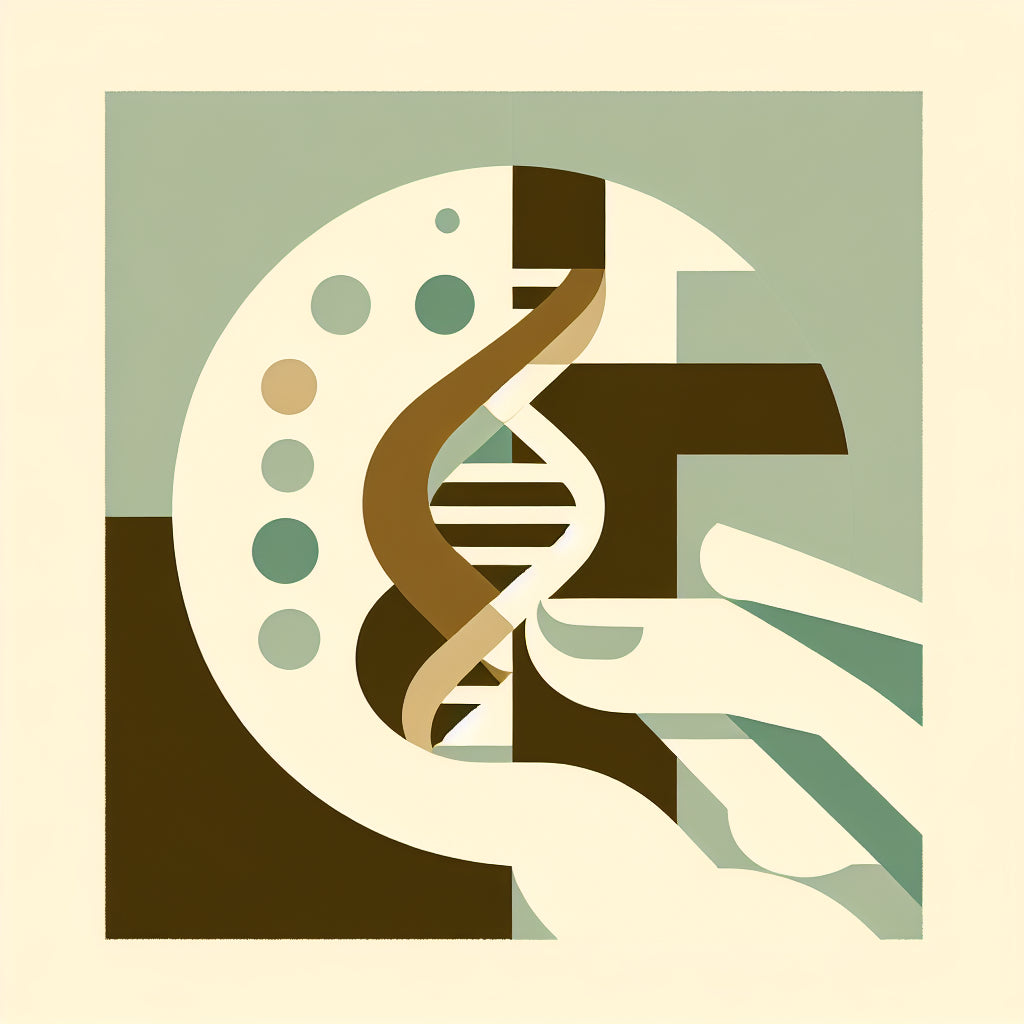
Advancements in NK cell cancer therapies
Share
Revolutionizing cancer treatment with NK cells
Recent advancements in cancer research have highlighted the potential of Natural Killer (NK) cells in combating hepatocellular carcinoma (HCC), a prevalent and deadly form of liver cancer. Traditional therapies often fall short in efficacy, partly due to the tumor microenvironment's ability to suppress immune function. However, innovative approaches in genetic engineering have begun to change the landscape of cancer treatment.
Overcoming immune suppression in HCC
One of the significant challenges in treating HCC is the overexpression of transforming growth factor beta (TGF-β), which inhibits the activity of immune cells including NK cells. Researchers have developed methods to modify NK cells making them resistant to TGF-β, thereby enhancing their cancer-fighting abilities. These genetically altered NK cells show promise in overcoming the immunosuppressive barriers presented by HCC.
Enhanced efficacy through genetic modifications
The process involves reprogramming induced pluripotent stem cells (iPSCs) to differentiate into NK cells that are genetically engineered to either knock out the TGF-β receptor 2 (TGFBR2) or express a version that blocks TGF-β signaling. This modification not only preserves the NK cells' cytotoxic function but also improves their survival and efficacy in tumor environments pre-treated with TGF-β.
Future implications for NK cell therapies
The integration of chimeric antigen receptors (CARs) with these modified NK cells has been tested, showing that while CARs alone are less effective, their combination with TGFBR2 knockout enhances the NK cells' ability to target and destroy HCC cells. These findings suggest a promising future for NK cell therapies, where blocking inhibitory pathways like TGF-β could lead to more effective treatments for solid tumors.
Conclusion
The ongoing research and development in NK cell therapies are paving the way for more effective cancer treatments. By harnessing the power of genetic engineering to overcome natural immune suppression mechanisms within tumors, new therapies could potentially increase survival rates for patients with challenging cancers such as HCC. Continued support and funding for this research are essential to bring these innovative treatments from the laboratory to clinical application.